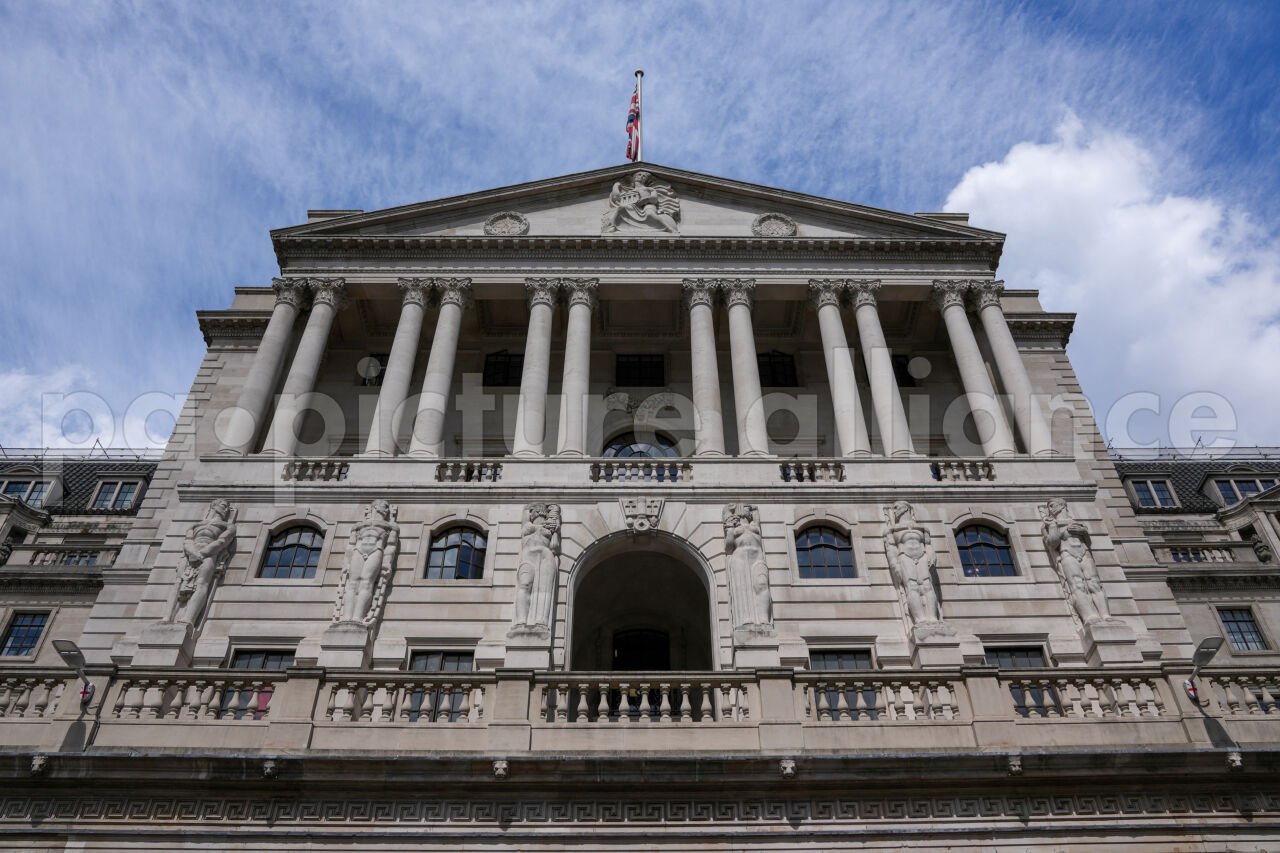UK inflation rose to a 40-year high of 10.1% in July.
The increase was more pronounced than analysts had expected.
This increases the likelihood of an interest rate hike by the Bank of England, which at the same time warns of a prolonged recession in Great Britain.
Already high inflation in the UK accelerated further. In July, consumer prices rose 10.1 percent compared to the same month last year, the Statistics Office announced on Wednesday in London.
This is the highest inflation since records began using the current system in 1997. According to retrospective ONS calculations, inflation may have been higher in 1982.
Inflation rose faster than analysts had expected. On average, they were only expecting an increase of 9.4 to 9.8 percent.
Inflation remains high compared to the previous month. In this regard, consumer prices rose by 0.6 percent in July. Analysts had expected a 0.4 percent increase.
In a monthly comparison, prices of food and non-alcoholic beverages, as well as transportation costs in particular, have risen.
The new numbers increase the likelihood that the Bank of England will raise interest rates significantly. The Bank of England has been fighting inflation for some time by raising interest rates. It has raised its key rate several times since November, most recently to 1.75 per cent. At the same time, the Bank of England expects the recession on the island to continue for at least a year.
On the other hand, the European Central Bank did not implement the shift in interest rates until July and raised interest rates for the first time.
DPA / Omani Rial

“Alcohol buff. Troublemaker. Introvert. Student. Social media lover. Web ninja. Bacon fan. Reader.”







More Stories
“A ban would destroy seven million businesses” » Leadersnet
What are the opportunities available to the company?
Dirty Deals – Refugee deal between Great Britain and Rwanda